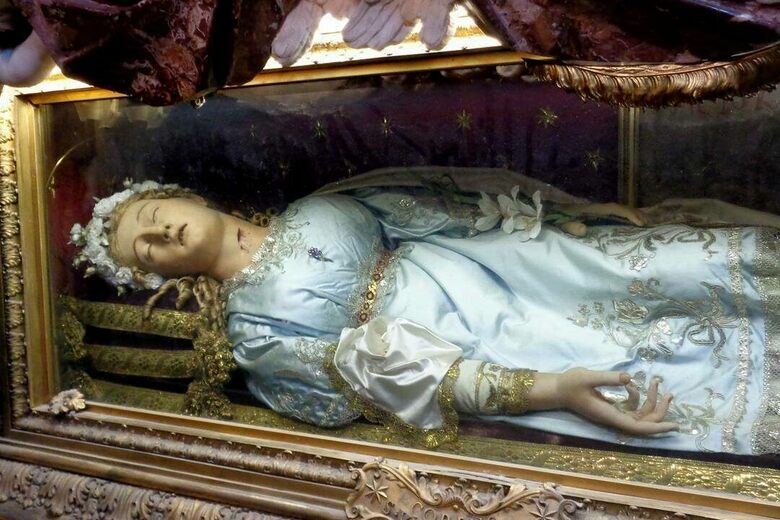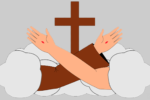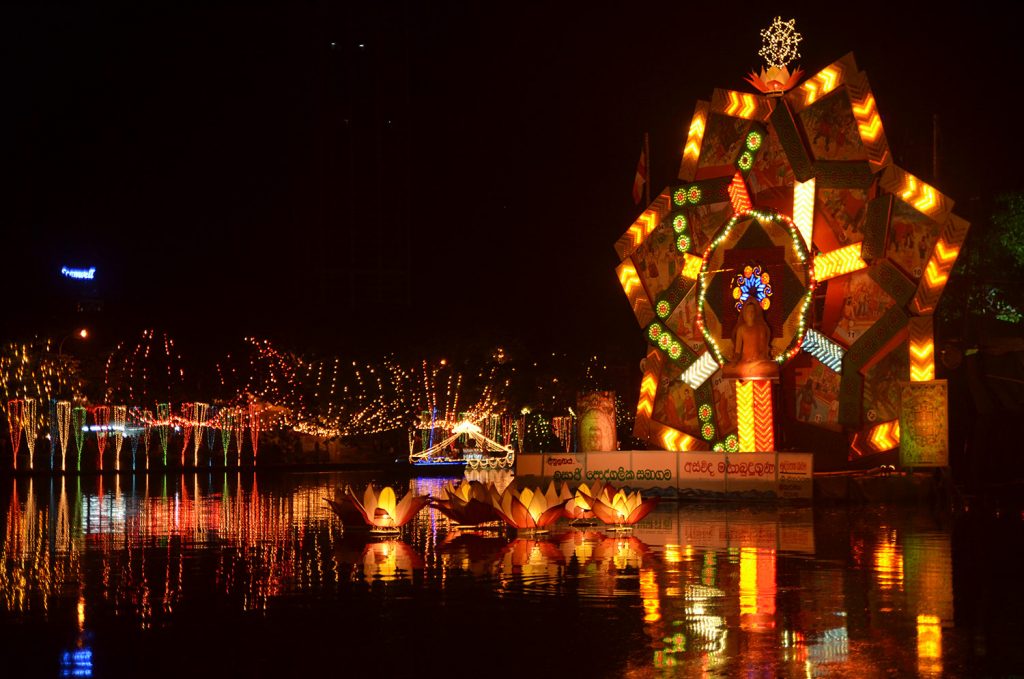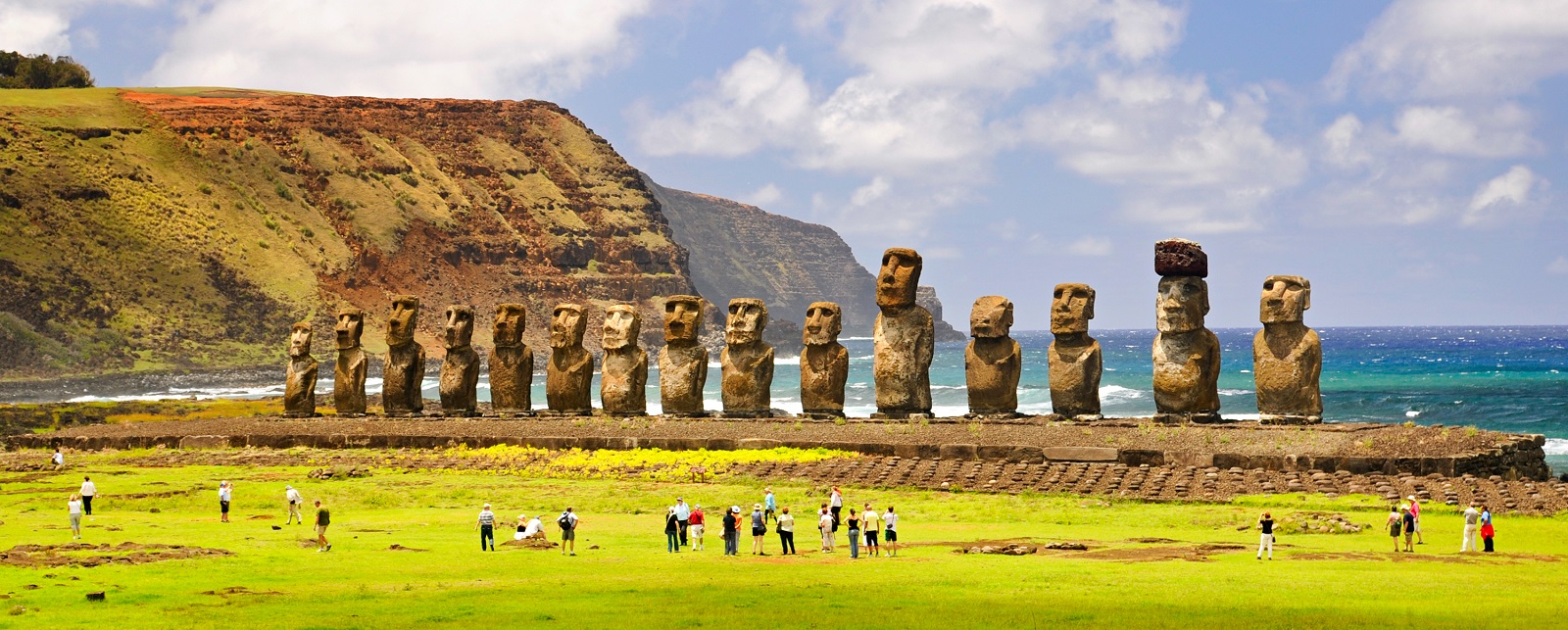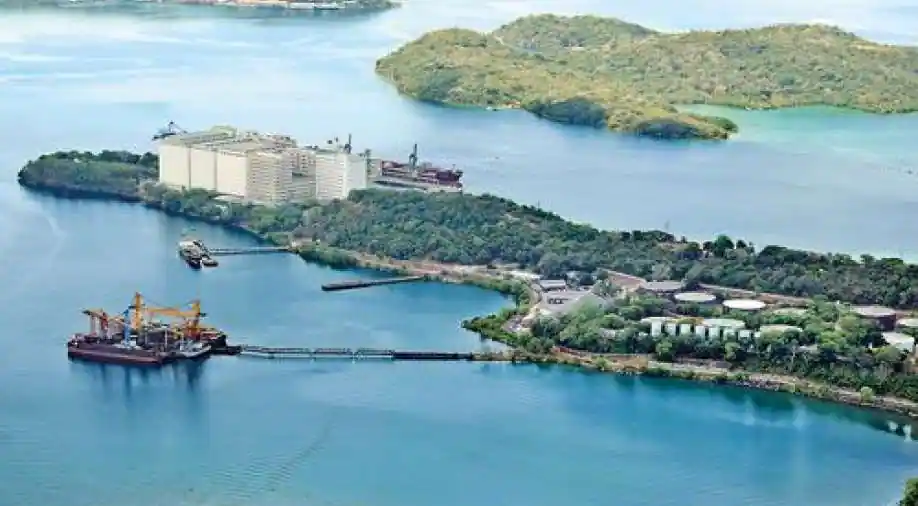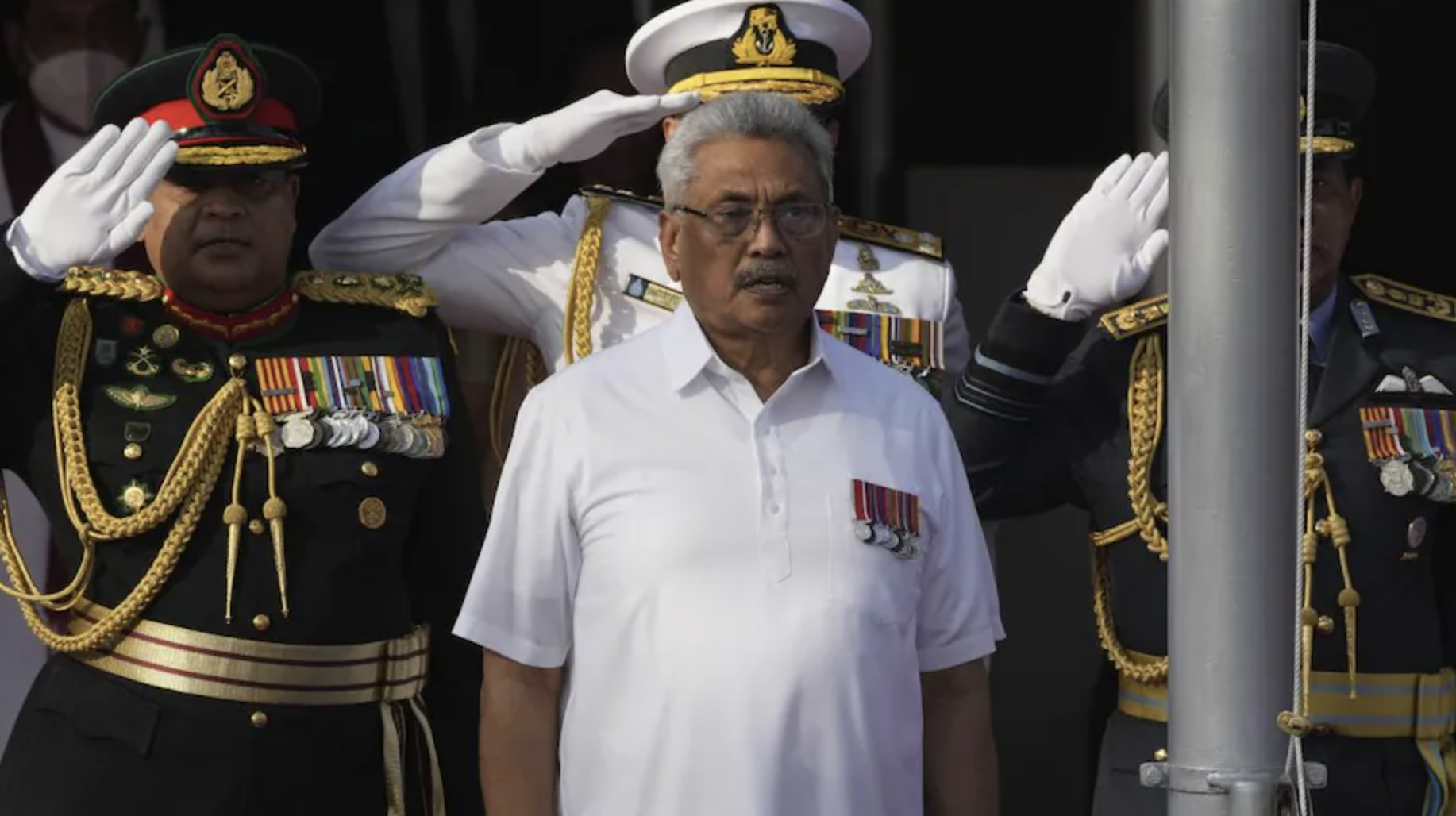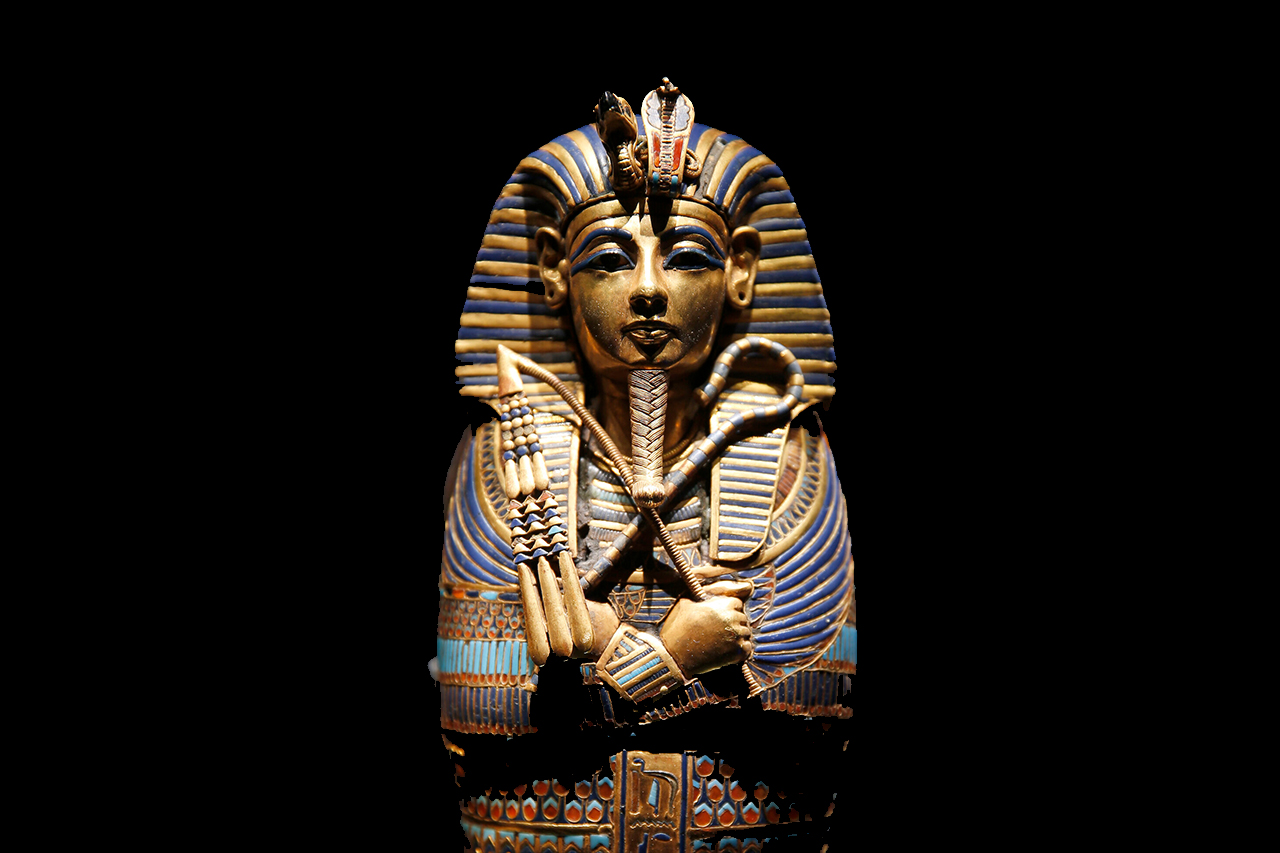In quest of hard evidence on life in Jaffna after 30-year war
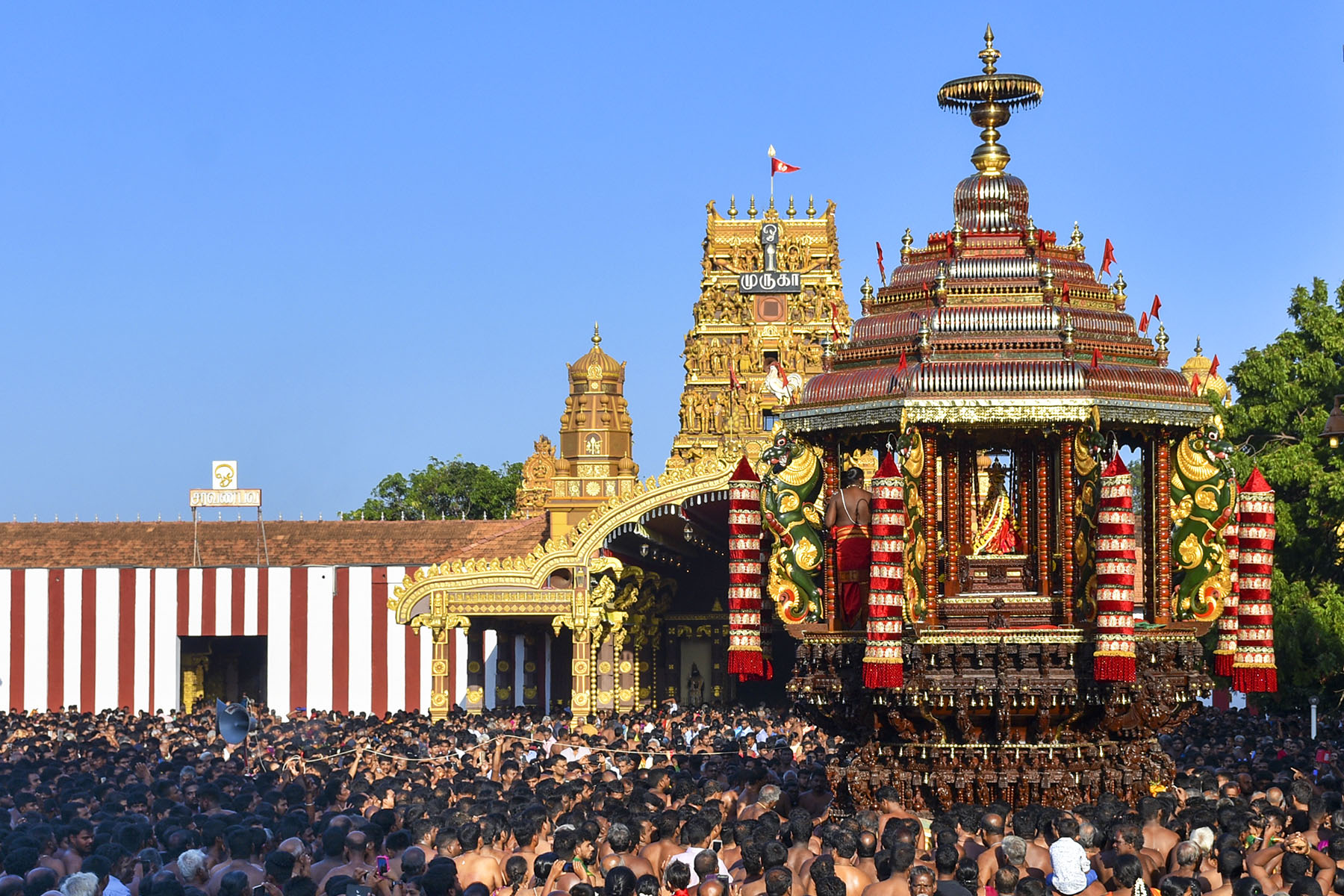
A journey to once a forbidden land
The Namomagazine team comprising the founder and I had mooted the idea of venturing out on a fact finding mission to Jaffna on behalf of our readers. The objective was straightforward and it was to gather first-hand information about the life in Jaffna after a fierce 30-year war. We intended to derive details and information from multiple sources and from wider perspectives by conducting one on one interviews. Mostly, we wanted to see the conditions for ourselves on ground. So, we set out on our journey early morning on 08th April 2022 by a rented car and decided to take the route via Puttalam to Anuradhapura as the first leg of our journey. On the way, we had a quick breakfast at a joint in Chilaw and cruised to Anuradhapura on a straight run. Upon reaching Anuradhapura city limits, we used the by-pass road bordering the sacred city to avoid the rush in the town. So, our objective was to reach the peninsula by lunch hour. Throughout our journey so far, we witnessed long queues of men with plastic cans and vehicles at each and every filling station to fetch Petrol, Diesel and Kerosene oil. Now, we noticed that our fuel level in the tank had dropped to half and therefore, felt the need to top up to be on the safe side although we would have made it to Jaffna with what we had. Fortunately, we found a filling station in a thinly populated A-9 road and experienced a sigh of relief with a topped up tank once again. By reaching Elephant Pass, we both felt acutely hungry and dropped in at a restaurant run by SL Army to have lunch. They didn’t have much of a choice but decided to have a fill anyway without knowing the conditions in Jaffna after another 45 minutes run.
In a place that was once a war torn zone
We reached Jaffna town safely and now, our task was to move into the hotel at KKS where we had made an advanced booking. Since I was driving, I urged my companion to switch on GPS to find the way. But, to our amusement, GPS directions took us on a rough road. We rose to the occasion and brushed up his little Tamil knowledge to seek directions from passers-by. Our communication skills in Tamil sufficed. We finally reached our destination by about 4 pm in the evening. ThalSevana Hotel run by the SL Army was to be our accommodation for three nights. Despite our advanced booking, we once again reviewed the room plans and decided to check into a suite a little distance away from the main complex of the hotel. It was a lovely place overlooking the Indian Ocean and room was quite spacious too. The staff at the hotel comprised Sinhalese and Tamils in a mix and were hospitable to the guests although they showed a lack of training to such professional level. There was no time left for any activity on our first day as it was late evening when we settled into the room. We were told that the dinner was not served to rooms so that we decided to venture out to the city for dinner. This time, we got clear directions leading to Jaffna town via Chunnakam and Kokuvil. This time, we were on a carpeted road and it was a straight run to Jaffna town. We wanted to draw some money from an ATM machine so we found one in Chunnakam. After doing some purchases at the adjacent Cargills Food City, we came across a restaurant right in front of the supermarket. Since we were quite hungry by then, we tended to check out the food available at the joint.
Planned errands for tomorrow after a surprise meal
To our utter surprise, we found Beef curry on the display which is usually a taboo meat in Hindu dominated Jaffna peninsula because cows are venerated by Hindus according to their faith. Our initial query was to know whether they were Muslims in the first place but they disowned our impression. No more questioning ensued and we were treated to a sumptuous meal and it was taken in well for me particularly after a hectic day of driving all the way to Jaffna. We too seemed satisfied but couldn’t condone the hotness of spices in Beef curry. There was another surprise in store for us and it came in the way of language. The owner and the waiter spoke impeccable Sinhala while serving us. The owner went the extra mile to come to our table personally and inquire how we felt about the food being served. We allayed our doubts about being in a land of unknown by now as we found Jaffna people to be genuinely friendly and hospitable. They were warmly receptive to Sinhalese. This phenomenon persisted during the entirety of our Jaffna tour and at no point, we were made to feel like aliens by Jaffna people. After supper, we retired to our bed and had a good night sleep until we got up a little late in the morning on the following day. We had a lot of plans for the day but were deprived of the morning session due to heavy rain. We were eager to meet Arun Siddharthan, the de-facto leader of the Jaffna resistance group known as Ava Group. He is formally the convener of Jaffna Civil Society of which the office is situated on the ground floor of his own residence in Chunnakam. We made contact with him through a journalist based in Colombo. So, Arun invited us to his office, sending us directions on GPS and spoke to us in flawless Sinhala so that we made it to his office with no hassle. The first thing I noticed while entering his office of Jaffna Civil Society was a Buddha statue placed in his study. Being a Buddhist, it aroused my curiosity.
Unusual experience with a man of a different mindset
Arun Siddharthan, an unassuming young activist from Jaffna peninsula went on to explain why he is keeping a Buddha statue in this manner. He declared that he has been immensely inspired by the ideals of Buddhism and therefore, he has become a keen student of Buddhist philosophy. He further explained that he hails from a low caste family background whereas his paternal and maternal grandfathers were toddy tappers. As a result, his lineage has been deprived of many rights which other citizens enjoy at will. They were not allowed to pray at Kovils or temples. He specially mentioned Nallur Kovil which was out of bounds for them for ages. After a long drawn struggle, they won the right to pray at the Kovil on condition that they would have to enter the Kovil bare bodied. Now, it has been made a normal custom so that everyone enters Nallur Kovil bare bodied. He pointed out that the caste issue has been deep rooted among Tamils especially those who live in the peninsula. He quoted Indian Great B.R Ambedkar who was instrumental in mass converting his socially marginalised people to Buddhism, in protest of social injustices meted out to them. Arun is visibly inspired by this epic and vowed to follow the suit. Benedict and I were convinced that he is a well-read person with a wide ranging viewpoint. At our request, he agreed to give us an exclusive interview which the readers can view on this forum now.
This article will be continued ………………..
